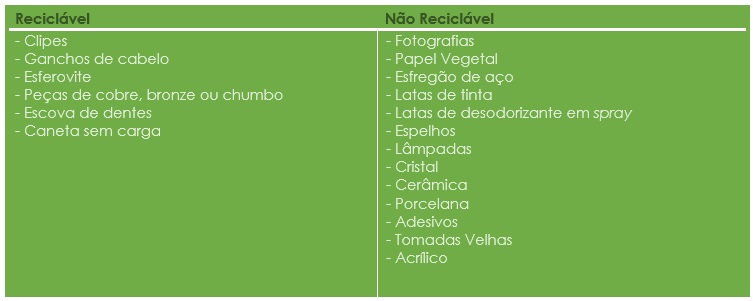A better world also depends on you
18 de April, 2019
Your stomach is starting to act up and that green apple you brought in your lunchbox is just begging to be eaten. Before leaving home, you put it in a plastic box in your lunch bag and, back at the office, you made a little space for it in the fridge so that it would stay fresh until snack time. But was this the healthiest route?
“Getting rid of plastic” is the order of the day and “sustainable” seems to be one of the most used words in 2019. At least so far. But what is sustainable anyway and how is it reflected in our daily lives? And in our food? The notion that the environment needs special and continuous care has increasingly taken root in society. 2019 has already seen thousands of students fight for the climate and saying “Enough!” to plastic has also been a common theme at European level. However, we are aware that changing even small things is not as easy as it sounds. From time to time, questions like:
Is recycling really that important? What will change if I don’t sort my garbage today? I don’t feel like eating anymore, is there anything wrong with throwing away the leftovers? But the truth is that it really does make a difference. And although it’s still common practice at home to put the apple in the plastic box before going to work, changing the world can already start there.
What can I change to start improving the world?
This is the question we really like to answer. The first step may be to replace plastic containers with paper boxes or bags, glass jars or cloth bags, for example. However, there are many more steps you can take in your day-to-day life that will make a difference in creating a better future. Do you know how tired you feel every day when you get home and have dinner to make? What if we told you that dedicating one day a week to preparing more meals and then freezing them would make your kitchen much more sustainable? Believe us. The trick is to let the food defrost naturally, so that the only energy wasted will be those two minutes when you heat the dish in the microwave.
In addition to this idea, we also suggest some special precautions:
1 – Consuming food in its entirety, taking advantage of the stalks, peels and seeds which are often the main sources of nutrients and vitamins;
2 – Keeping electrical equipment (oven, microwave, toaster, coffee machine, kettle, etc.) unplugged while you’re not using them;
3 – Opting for organic products and home gardens;
4 – Soaking dishes for a few minutes before washing, so that dirt comes off more easily;
5 – Closing your fridge tightly and regulating the temperature;
6 – Recycling and reusing are also fundamental steps for those who want to improve their ecological footprint and make a difference By following these little tips, your kitchen will become more sustainable and, at the end of the month, you’ll also notice a significant difference in your bills. Step by step, you’re contributing to a better future and a better world.
After all, what can I or can’t I recycle?
In addition to plastics, metals, batteries and cardboard, there are some objects and materials that we never know whether or not we can recycle. That’s why we’ve put together some examples that can help make the task less confusing.


